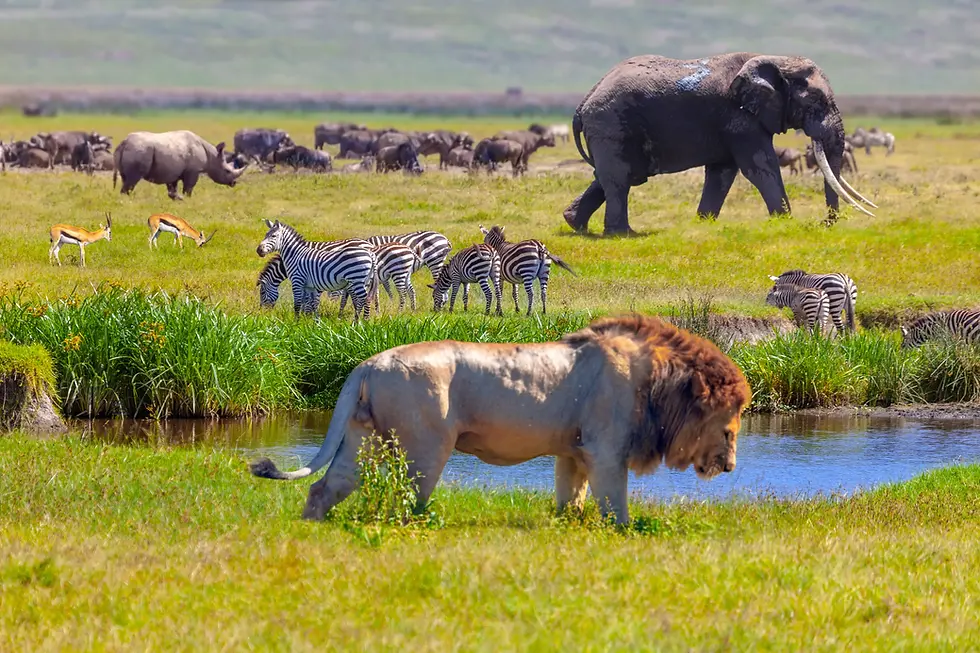Why should we care about deforestation?
- Pooja Srikanth
- Mar 6
- 2 min read
I started my day off like any other. I jumped off my bed and then walked across the wooden planks. Then, I brushed my teeth and got ready with the makeup and skincare sprawled across my counter. Finally, I closed my door and raced out. Sounds like a regular morning routine. Nothing too special about it, right? You're right! That's because we all do some version of this routine. However, this is special and important because almost everything I mentioned concerns wood. The counter I get ready on is wood. The bed on which I sleep is made of wood. The planks I walk across are wood. Wood is everywhere in your life; whether you like it or not, you need it.
The most important thing to consider is that wood would not be here without forests.
In our world, forests provide many different things. Forests help slow the rate of climate change by removing carbon dioxide from the atmosphere and storing it. Because carbon dioxide is the driving factor of climate change, forests do an excellent job of removing it. But that’s not the only thing they do. Forests also provide natural resources such as food, fiber, and fuel. But, I’d say the most crucial thing forests provide is trees. Now where would we be without trees? One of the most essential things happens to be trees. "Trees are a vital part of our world... significantly reducing the number of trees"—these are things I'm sure you’ve heard your whole life. But that’s not the sole purpose of deforestation. Deforestation also occurs because people attempt to make more room for agricultural lands.
A commonly unknown fact is how agricultural lands came to be. Sure, people know that agricultural lands occur in our environment, but they don’t know this: Agricultural lands happen when you destroy a forest to grow more agriculture. Also, deforestation occurs when you mine and create forest fires. But why should we care? Yeah, that’s the real question. Because honestly, why should you care?
Many people believe deforestation is terrible but don’t realize its detrimental effects. The two most damaging effects are climate change and an increase in greenhouse gases. Climate change ultimately reduces the amount of food available and affects food production, thus returning to haunt us. Also, greenhouse gases affect the respiration and photosynthesis cycle, which can cause lung disease and heart problems. So the question is, why should you care? Yeah, that’s why you should care.
But you're not the only one who cares. There are specific conservation and restoration projects to put our forests in peak condition. For starters, the World Wildlife Foundation and the Nature Conservancy both regulate forest fires and control burns. Not only that, but the most common type is afforestation–this is when a forest is planted in areas that forests/trees were not planted in before. When they do this, they restore previously damaged areas, part of the long list of conservation methods.
So at the end of the day, why care? We should care because it’ll affect us at the end of the day. And like I always say, we are the change and the cause. So be the change that fixes the cause.
Work Cited:
“Climate change.” World Health Organization (WHO), 12 October 2023, https://www.who.int/news-room/fact-sheets/detail/climate-change-and-health. Accessed 3 March 2025.




Comments